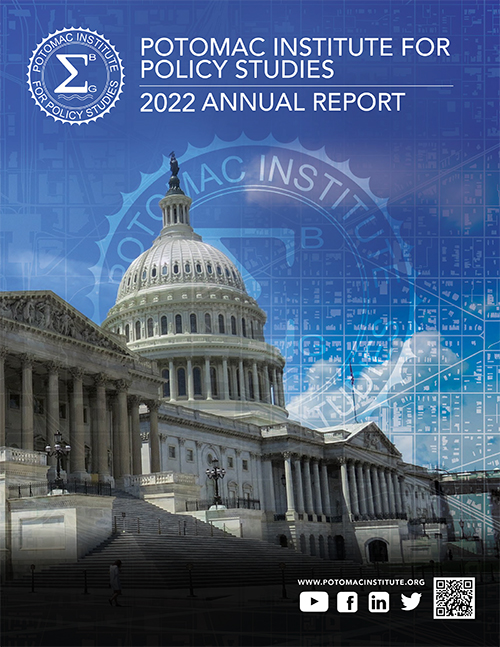Publications
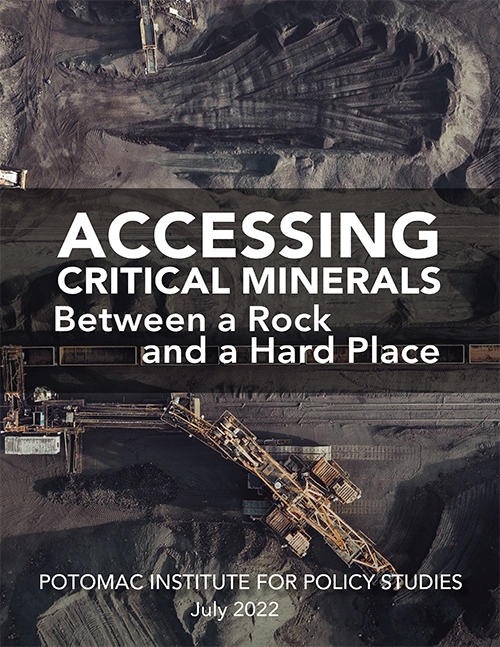 Critical minerals are essential for the composition of modern technologies, from consumer devices to weapon systems. Access to critical minerals is important for defense applications as well as economic security. With projections for increased demand and absence of viable substitutes, competition to secure these minerals will grow. However, critical minerals are not evenly distributed across the globe, nor does each coun- try have the infrastructure in place to process unrefined, raw material. Current supplies to the US rely on imports, some from potentially unfriendly countries. For certain critical minerals, there are limited numbers of sources of raw materials and refin- ing plants. Both defense and consumer needs might be jeop- ardized should adversaries embargo supplies. Often, critical minerals are embedded in finished products that are procured from international sources, masking the reliance on limited foreign sources. The US needs a diversity of acquisition routes of critical minerals to mitigate vulnerabilities from unstable market pressures or fickle foreign sources.
Critical minerals are essential for the composition of modern technologies, from consumer devices to weapon systems. Access to critical minerals is important for defense applications as well as economic security. With projections for increased demand and absence of viable substitutes, competition to secure these minerals will grow. However, critical minerals are not evenly distributed across the globe, nor does each coun- try have the infrastructure in place to process unrefined, raw material. Current supplies to the US rely on imports, some from potentially unfriendly countries. For certain critical minerals, there are limited numbers of sources of raw materials and refin- ing plants. Both defense and consumer needs might be jeop- ardized should adversaries embargo supplies. Often, critical minerals are embedded in finished products that are procured from international sources, masking the reliance on limited foreign sources. The US needs a diversity of acquisition routes of critical minerals to mitigate vulnerabilities from unstable market pressures or fickle foreign sources.
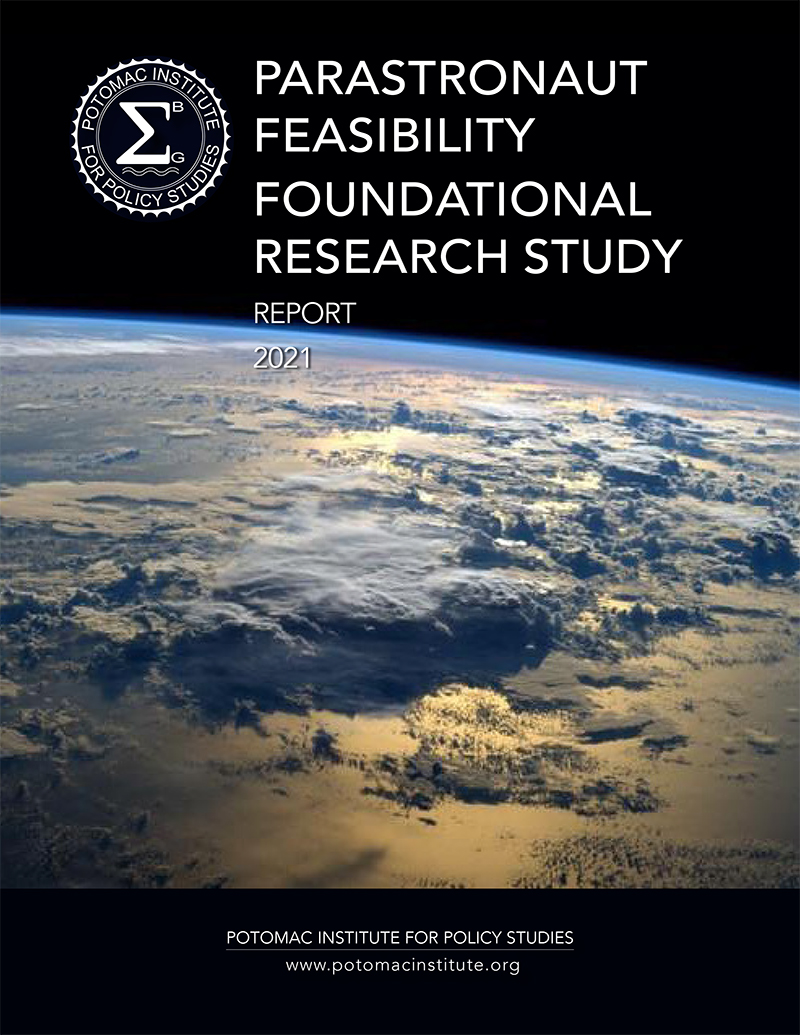 The Potomac Institute for Policy Studies is releasing the findings of a months-long study for the National Aeronautics and Space Administration’s (NASA) Office of the Chief Health Medical Officer entitled: “Parastronaut Feasibility Foundational Research Study”. NASA engaged the Institute to identify what it would take to fly astronauts with disabilities safely into space and back to Earth.
The Potomac Institute for Policy Studies is releasing the findings of a months-long study for the National Aeronautics and Space Administration’s (NASA) Office of the Chief Health Medical Officer entitled: “Parastronaut Feasibility Foundational Research Study”. NASA engaged the Institute to identify what it would take to fly astronauts with disabilities safely into space and back to Earth.
For years, NASA has selected astronauts based on certain physical parameters including having full, unobstructed use of limbs with little, if any, consideration to candidates who may not meet these criteria. This study looks specifically at astronauts with certain physical disabilities including individuals with lower leg deficiency, short stature, and/or leg length differences, among others. The Institute consulted with medical experts, military leaders, industry leaders, other organizations and stakeholders, and subject matter experts including former astronauts Former NASA Administrator Major General Charles Bolden and Former NOAA Administrator Dr. Kathy Sullivan. With their guidance, this report outlines policy recommendations, technical, medical, and operational hurdles, and considerations to make sure potential parastronauts can safely fly and contribute to space missions.
CEO of Potomac Institute Dr. Jennifer Buss stated, “There are ways to safely send parastronauts into space. It is vital NASA and space agencies around the world look to include a wider range of space flight candidates, and not exclude any potential exemplar astronaut candidates based on physical limitations that do not align with current technological and medical advances. Our findings and recommendations stem from months of data collected from interviews, research, and other methodologies.”
The Institute has two versions of the report to release. You can read an abbreviated version of the report here and the full version of the report is available here which will link to the Institute’s website. For interview requests with Institute staff or our subject matter experts, please contact Communications Director John Mecham at This email address is being protected from spambots. You need JavaScript enabled to view it..
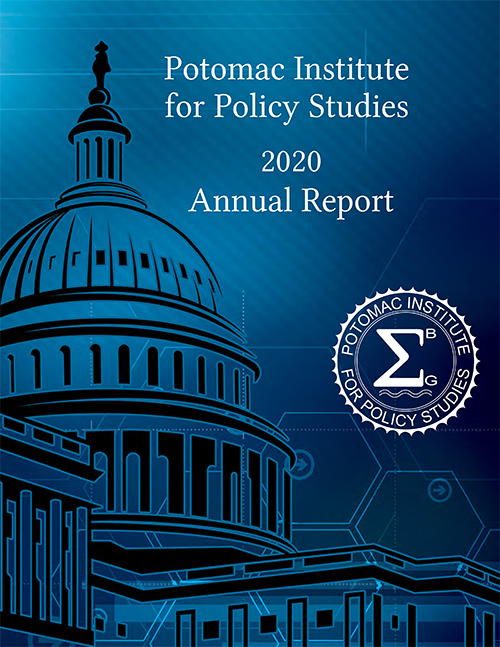 Sir Isaac Newton once said, “No great discovery was ever made without a bold guess.” Our late founder Michael Swetnam lived by that mantra. Bold Ideas was a concept he championed every day. Because of that, and because of him, the Potomac Institute for Policy Studies is always looking towards the future. We believe ideas cannot only be imagined but accomplished. But it takes a lot to get there.
Sir Isaac Newton once said, “No great discovery was ever made without a bold guess.” Our late founder Michael Swetnam lived by that mantra. Bold Ideas was a concept he championed every day. Because of that, and because of him, the Potomac Institute for Policy Studies is always looking towards the future. We believe ideas cannot only be imagined but accomplished. But it takes a lot to get there.
It takes knowledge. We employ some of the best minds in science and technology. Our staff, Fellows, Regents, and Directors are the best in their respective fields. They have years of experience in the private sector, government, and academia. Our work helps the federal government to think big and to organize, structure, and execute new policy that shapes not only today, but tomorrow, as well.
It takes trust. The Institute plants new, bold ideas— firmly rooted in science and technology—into the hearts and minds of decision makers within government. Our reports are based on years of research and presented with actionable policy recommendations for today and the future. The not-for-profit, independent, non-partisan attributes of the Institute make us a trusted partner to provide the most objective perspective to the government.
It takes bold ideas. We challenge our team to employ out-of-the box thinking—to think above and beyond the possibilities of today, to arrive at concepts that will lead us well into the future. To quote world-renown scientist Carl Sagan, “Somewhere, something incredible is waiting to be known.”
Read full report here
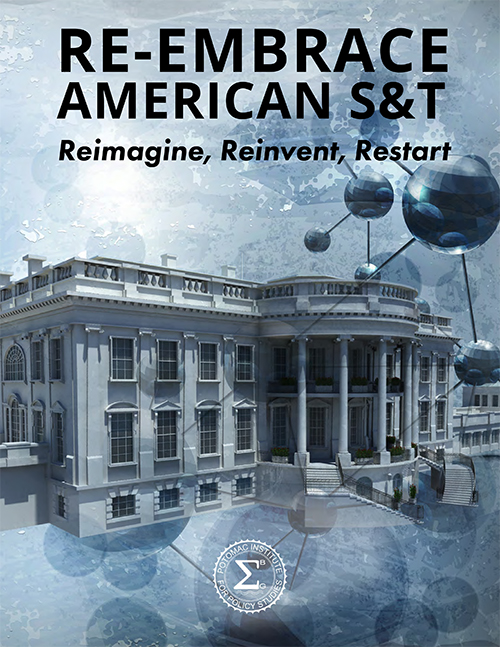 The election of a new president offers the country an opportunity to rebuild America with the innovation, inspiration, and leadership that has characterized the nation for two and a half centuries. America has always led the world in technology, new and bold ideas, and an innovative approach to solving problems and meeting challenges. Once again, it is time for the country to reembrace science and promote American leadership.
The election of a new president offers the country an opportunity to rebuild America with the innovation, inspiration, and leadership that has characterized the nation for two and a half centuries. America has always led the world in technology, new and bold ideas, and an innovative approach to solving problems and meeting challenges. Once again, it is time for the country to reembrace science and promote American leadership.
The Potomac Institute for Policy Studies was established over twenty years ago during a politically turbulent era. Newt Gingrich and the Republicans had just taken over Congress, written their Contract with America, and dissolved the Office of Technology Assessment (OTA) on the premise that it was too partisan when dealing with science and technology (S&T) policy issues (a decision that has been much debated since). The Potomac Institute was formed to fill the role of a non-partisan, objective, and technically-competent advisor to Congress and the Administration. The Institute—fiercely independent of party—was founded on the principles that 1) science should inform policy and 2) policy should foster the growth of science. The Institute’s most important work is anticipating emerging technologies and their associated policy implications, and with this knowledge guiding investments to shape our desired future.
Science and technology have long been the keys to progress in American society. Science and technology have made our military strong, provided for national security, and driven our economy as products and services advanced technologically. Further, the United States has excelled in S&T development by demonstrating the power of the S&T enterprise to protect our nation and drive economic benefits.
The new administration has the opportunity to reinvigorate American leadership, ensuring national security based on superior technology and securing economic benefits based on superior technology and securing economic benefits based on leading scientific discoveries and implementations in the global marketplace. In a tradition of offering bold ideas to a new administration in the area of S&T, we at the Potomac Institute for Policy Studies offer four directions where the new administration can lead the way.
Click here to read the report
The Potomac Institute (the “Institute”) has never had an identity crisis, at least not in terms of our basic mission. That mission has always centered around four factors: national security, science and technology (S&T), US industry, and government policy. The Institute’s goal has always been to find ways to create or improve government policy with business best practices to address the nation’s hardest challenges.
The work we do for our customers is a direct reflection of our priority to research and recommend science and technology policies. Our Focus Areas and the areas where they overlap allow us to integrate themes and incorporate data across our portfolios. We find the most success when we elevate the discussion and provide big ideas to address the complexity of national security.
In 2022, we added two economists, an education program director, several strategic communications and policy experts, and eleven new Board of Regents and Senior Fellows (see next page for full list). We continue to diversify our staff and affiliate expertise to support our growing client base and add new dimensions to research and recommendations.
We are lifetime learners, each at the Institute to grow our minds and develop big ideas to change the world. Our researchers and analysts are continuously identifying new ways to understand the future tech- nical landscape and political environment. We value knowledge and teaching, as seen in our academic studies, our education programs, and our publications.
In this report, we highlight several key accomplishments and work from last year. This work led us to iden- tify important areas of impact that our staff is uniquely qualified to study and produce high quality publi- cations to impact the ongoing S&T policy dialogue. We couldn’t do it without our incredibly supportive client base, talented staff, Board of Regents, and Senior Fellows.
Read full report here


